Tired of the US? These are the world’s most progressive countries for LGBTQ+ people

Uruguay in South America is a particularly LGBTQ+ friendly country, but there are many others (Getty/Canva)
As LGBTQ+ people in the US wake up to the bleak inevitability of another Trump presidency, many are taking to Google to search for LGBTQ+ safe countries to move to.
Searches for phrases such as “how to move to Uruguay” and “how LGBTQ+ friendly is Iceland?” have spiked as of 6 November, with queer people deeply concerned about the attacks on their rights that Trump has threatened to enact.
Thankfully, it turns out that there are other countries in the world who rank extremely highly for LGBTQ+ rights, and it is possible to move to many of them.
For example Uruguay allows US citizens to move there quite easily. You just have to submit a letter to the Uruguayan government notifying them of your intent to immigrate and prove you have a stable income.
It isn’t just Uruguay, either. Many other countries allow immigration and also surpass the US when it comes to LGBTQ+ equality, with many offering trans self-ID laws, conversion therapy bans and medical waiting times for hormone therapy that don’t range from years to decades.
Here are just a few of the countries where LGBTQ+ people are faring better than the US.
Spain
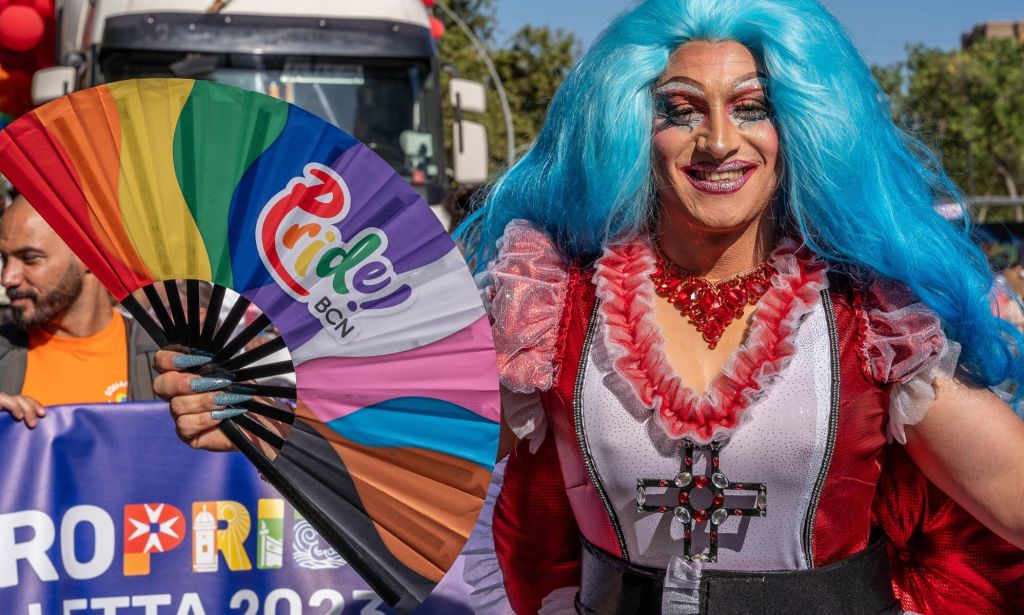
Spain is quite possibly one of the most popular and famously great places for LGBTQ+ people to live. Not only does the country have self-ID laws and anti-discrimination policies, but it has also become a popular destination for private surgery services for transgender people from other countries.
In late 2022, legislative body the Congress of Deputies of Spain passed a “trans law” which, among other details, allows unrestricted gender self-determination of minors from the age of 16. Those aged 14 and 15 are able to change sex on documents against the will of their parents if they win a legal case, with the support of a legal defender provided by the authorities. Children aged 12 and 13 can do the same change if a judge permits it. Medical transition is also easily accessible through healthcare services.
The law also bans conversion therapies even when the person has asked for them, with anyone continuing the practices facing large fines. Same-sex marriage and adoption are legal too.
Most Spanish people support LGBTQ+ rights; a 2021 survey found that 91% of people would be supportive if a family member came out. And Spain’s citizens are overwhelmingly accepting of trans people, with 71 per cent of people saying they support gender-affirming care access for everyone, including teenagers.
Iceland
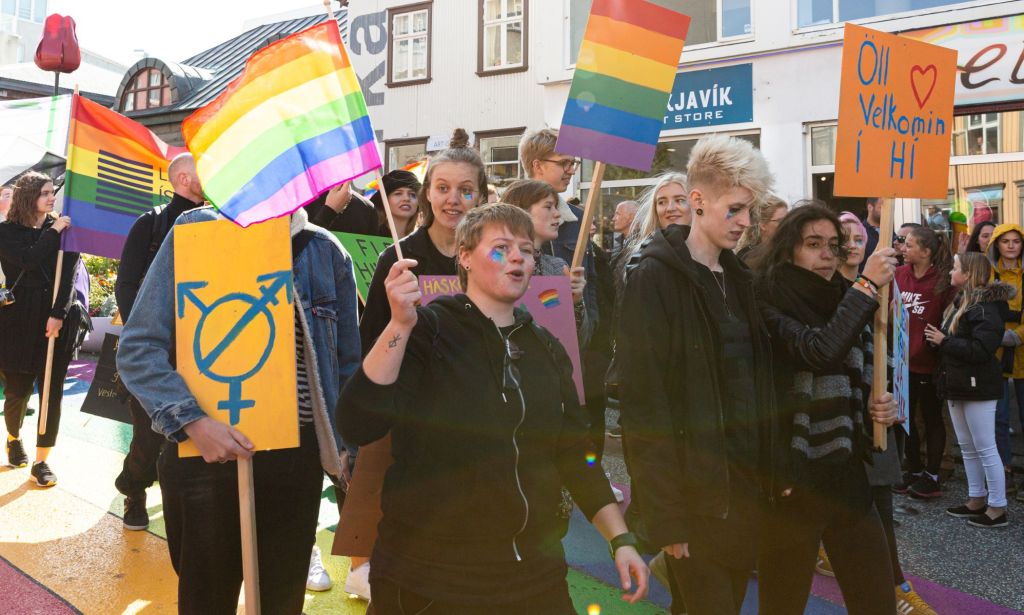
Just last month, the gorgeous island of Iceland was named the safest place in the world to travel to in 2025 thanks to its low crime rate, and its high safety rating for LGBTQ+ people, people of colour; and more.
Iceland’s acceptance of transgender people has also increased greatly over the past few years, making it one of the best countries in Europe – arguably the world – to transition.
Not only does the public overwhelmingly support LGBTQ+ individuals, including trans people, but a set of policies enacted since 2019 has made it one of the safest places for transgender men and women to live.
Equaldex, a community-driven equality index for LGBTQ+ rights, ranks the Nordic country as the best place to live as a queer person.
Transgender Europe, a not-for-profit organisation, which focuses on trans rights in the continent, has listed it as one of the best places to transition, with 30 of 32 indicators met – including non-discrimination laws, healthcare and legal gender recognition.
Canada

Canada has historically been an incredibly LGBTQ+ friendly country. It decriminalised homosexuality in 1969, before the Stonewall Riots in the United States. And Bill C-16, passed in 2017, put into law measures to protect the LGBTQ+ community from rejection and discrimination.
Also, Canada’s reputation as an inclusive country for trans people has become all-the-more-welcome given the rise of transphobia in the neighbouring US, fuelled by the recent appalling election rhetoric.
The country is widely known as a refuge for trans Americans seeking to escape the volatility of politics in their homeland.
It’s reputation is more than justified, with protective laws and recognition of trans people spanning across legislation, including the recognition of non-binary people, housing discrimination prevention laws, and no restrictions on changing gender.
If that’s not enough, 78 per cent of Canadians support protecting trans people, while 58 per cent back trans healthcare for everyone, including those under the age of 18.
Chile
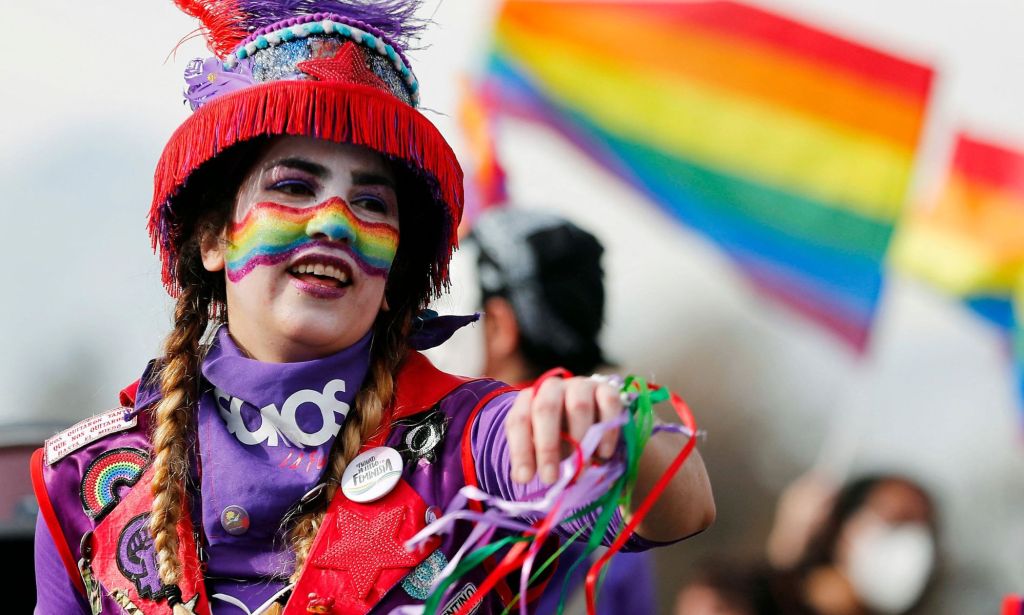
Chile’s long list of pro-trans and pro-LGBTQ+ laws speaks for itself. Not only has the South American country implemented self-ID, it also offers easily accessible trans healthcare, and even officially recognised non-binary people’s right to change gender two years ago.
Interestingly, Chile’s acceptance of LGBTQ+ rights as a whole seems to have lagged behind its protections for trans people, with the country electing its first transgender politician even before same-sex marriage was legalised.
Nonetheless, the overwhelming support for both trans and queer people is abundantly clear, with 80 per cent of people backing trans discrimination protection legislation.
Australia
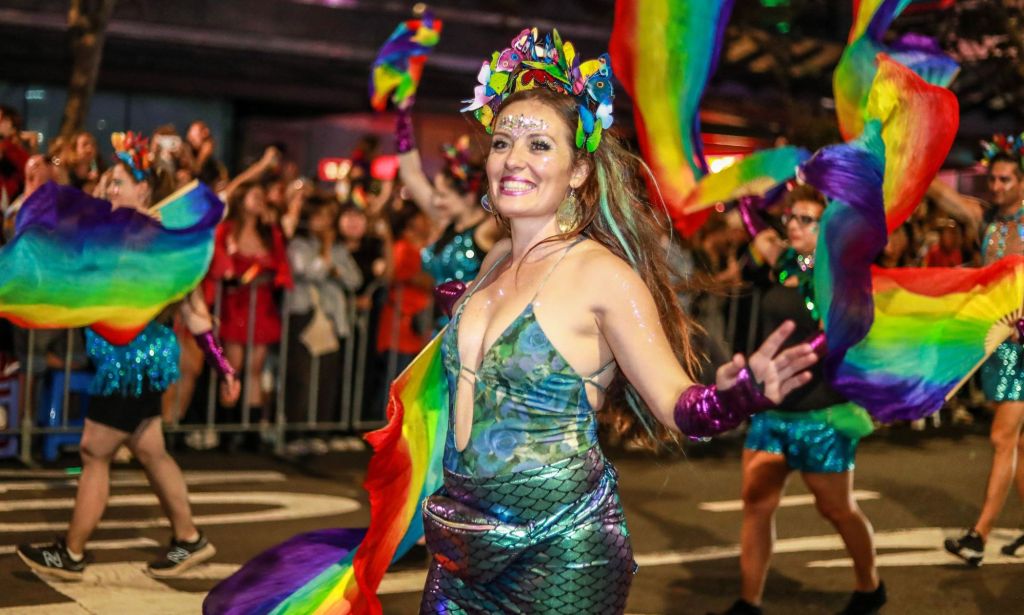
While Australia’s treatment of trans people and LGBTQ+ people at large varies from region to region, overall rights are far more widespread than in the US.
Although things such as changing legal gender and anti-discrimination laws vary widely depending on which part of the huge county you’re in – some states require a year-long wait for gender recognition – on a federal level, Oz is widely supportive, with gender-affirming care access and discrimination protections.
Australia showed its feelings for trans people during the infamous visit of anti-trans pundit Posie Parker, with politicians and the majority of the public telling her to “get in the bin“.
Norway
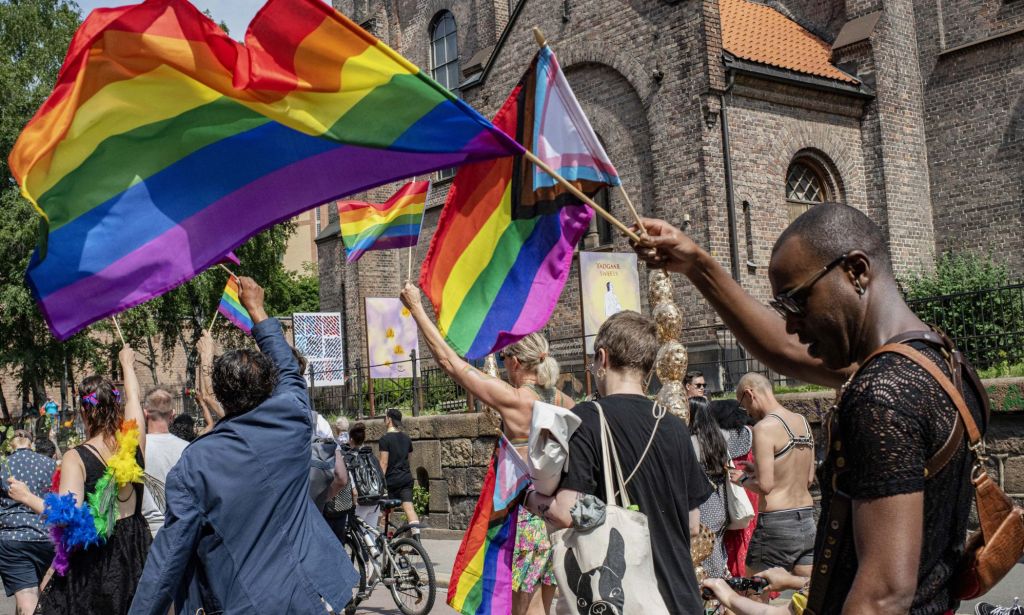
Norway is considered to be one of the most LGBTQ+ friendly countries in the entire world. It was one of the first countries to pass an anti-discrimination law that explicitly included sexual orientation in 1981. Also, same-sex marriage and adoption has been legal there since 2009.
Plus, with its representation, anti-discrimination and right to healthcare laws, Norway is one of the best European countries to be in if you’re looking to transition.
While the country is still behind on things such as recognising non-binary people and gender-affirming care for under-18s, it offers housing discrimination bans, no censorship laws, adoption rights and self-ID.
Unfortunately, the country has begun restricting gender-affirming care for minors, citing an “uncertainty” and “lack of comprehensible research”, despite the overwhelming view of the public that it should be accessible.
Uruguay
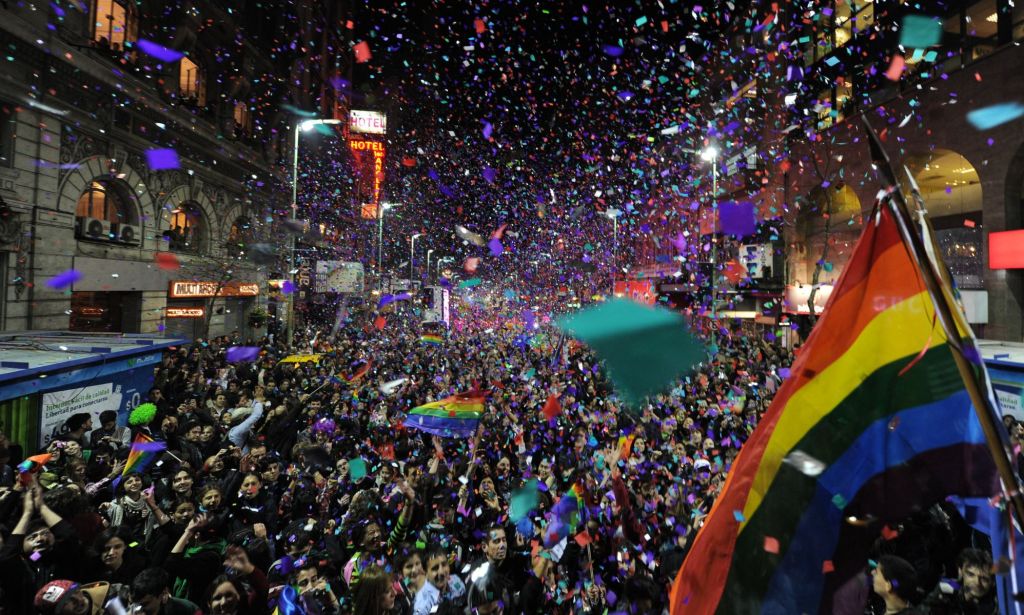
If you are looking for a place to live in South America as an LGBTQ+ person, look no further than Uruguay. The country is widely considered one of the safest places in the continent to be queer and its progressive laws play a large part in that.
“Same sex activity” has been legal since way back 1934 with an equal age of consent and anti-discrimination legislation has ben in place since 2004.
Like many other countries, it is behind on recognising non-binary people on legal documents, but its laws on self-ID, discrimination protections and gender-affirming care access are among some of the best.
Uruguay lifted its requirement for surgery to recognise a trans person’s gender identity in 2018 and has implemented other pro-trans legislation since then.
Malta
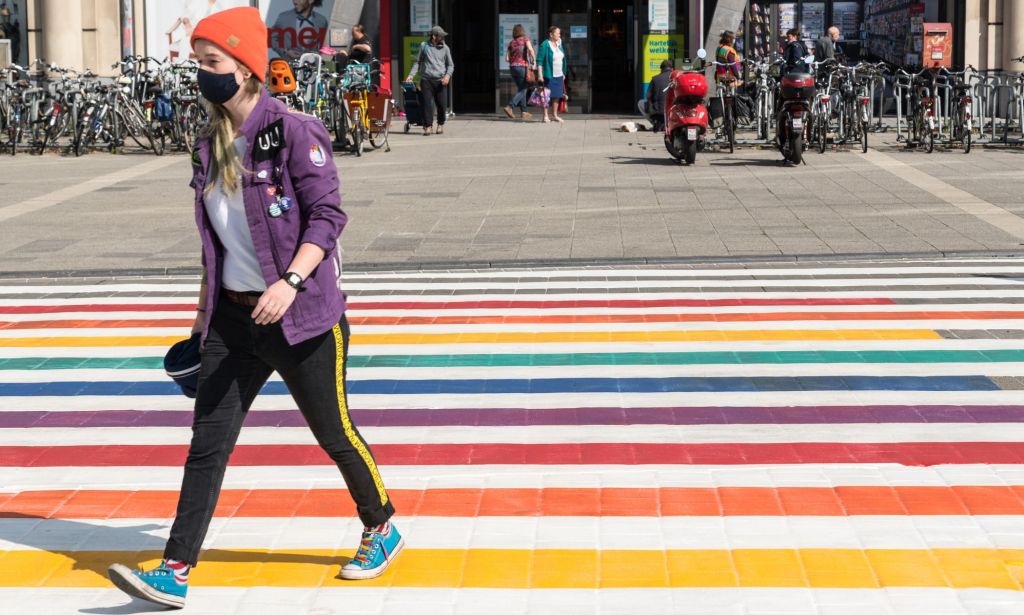
Widely considered to be one of the best places to live as an LGBTQ+ person, Malta is also an extremely safe haven for transgender people looking to live their life in peace, free from harmful rhetoric.
The small island, located in the Mediterranean, south of Sicily, features trans rights legislation that is, by the measure of several organisations, considered to be some of the best.
Non-binary gender recognition, housing discrimination protections, self-ID, gender-affirming care and censorship laws are just some of the policies implemented in a country where the public is incredibly tolerant.
However, Malta still lags behind when it comes to women’s reproductive rights. Abortion is illegal, except in cases where the life of the pregnant person is at risk.
At a time like this, it definitely good to know that at least some countries are supportive of their LGBTQ+ citizens, and that equal societies exist where everyone has the right to live their lives and love who they want.
Share your thoughts! Let us know in the comments below, and remember to keep the conversation respectful.
How did this story make you feel?
